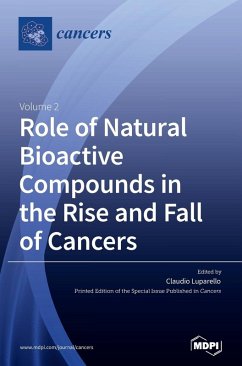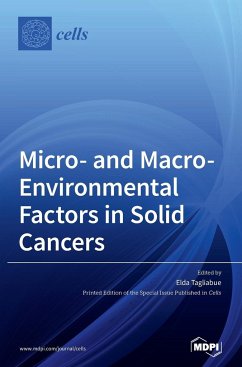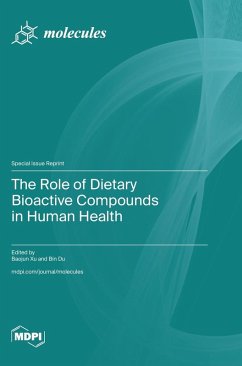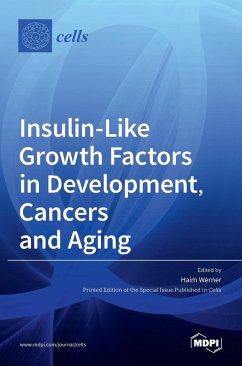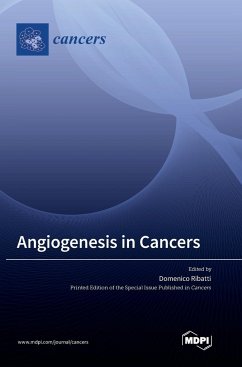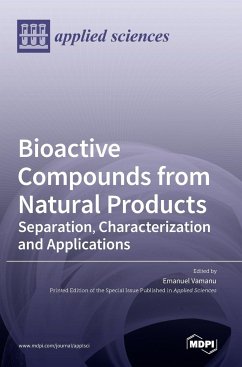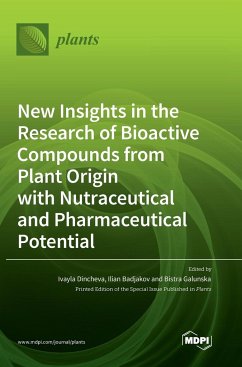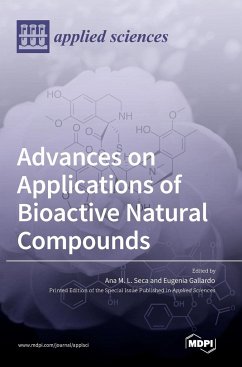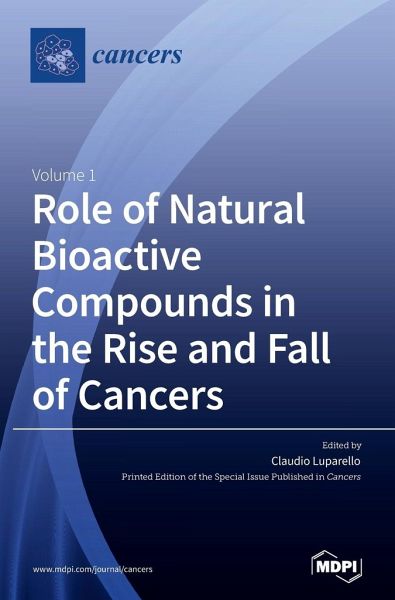
Role of Natural Bioactive Compounds in the Rise and Fall of Cancers
Versandkostenfrei!
Versandfertig in 1-2 Wochen
111,99 €
inkl. MwSt.

PAYBACK Punkte
56 °P sammeln!
Recent years have seen the idea of a close association between nutrition and the modulation of cancer development/progression reinforced. An increasing amount of experimental and epidemiological evidence has been produced supporting the concept that many different bioactive components of food (e.g. polyphenols, mono- and polyunsaturated fatty acids, methyl-group donors, etc.) may be implicated in either the promotion of or the protection against carcinogenesis. At the cellular level, such compounds can have an impact on different but sometimes intertwined processes, such as growth and differen...
Recent years have seen the idea of a close association between nutrition and the modulation of cancer development/progression reinforced. An increasing amount of experimental and epidemiological evidence has been produced supporting the concept that many different bioactive components of food (e.g. polyphenols, mono- and polyunsaturated fatty acids, methyl-group donors, etc.) may be implicated in either the promotion of or the protection against carcinogenesis. At the cellular level, such compounds can have an impact on different but sometimes intertwined processes, such as growth and differentiation, DNA repair, programmed cell death, and oxidative stress. In addition, compelling evidence is starting to build up of the existence of primary epigenetic targets of dietary compounds, such as oncogenic/oncosuppressor miRNAs or DNA-modifying enzymes, which in turn impair gene expression and function. Since there is a growing interest in the study of the biochemical and molecular role played by food components and its impact on cellular processes and/or gene expressions directed towards the fine-tuning of cancer phenotypes, in this Special Issue researchers contributed with either research or review articles presenting the latest findings on the intracellular pathways and mechanisms affected by natural bioactive dietary molecules.





